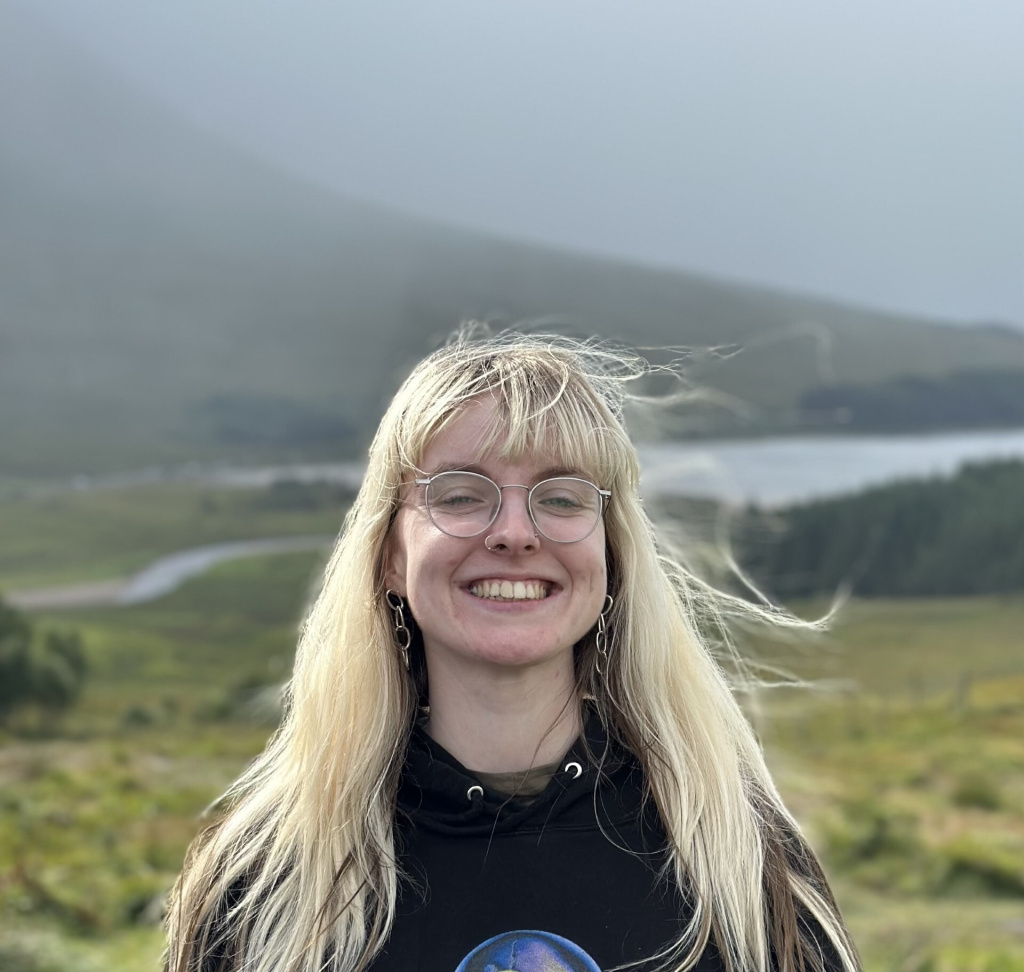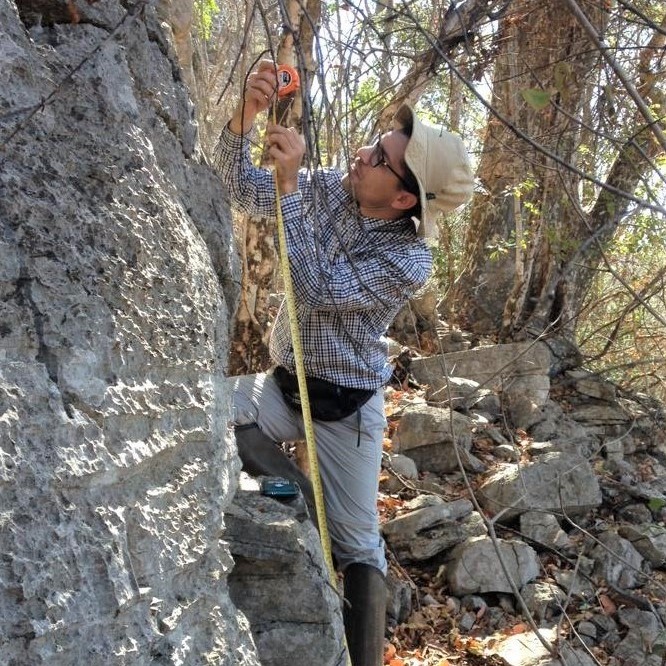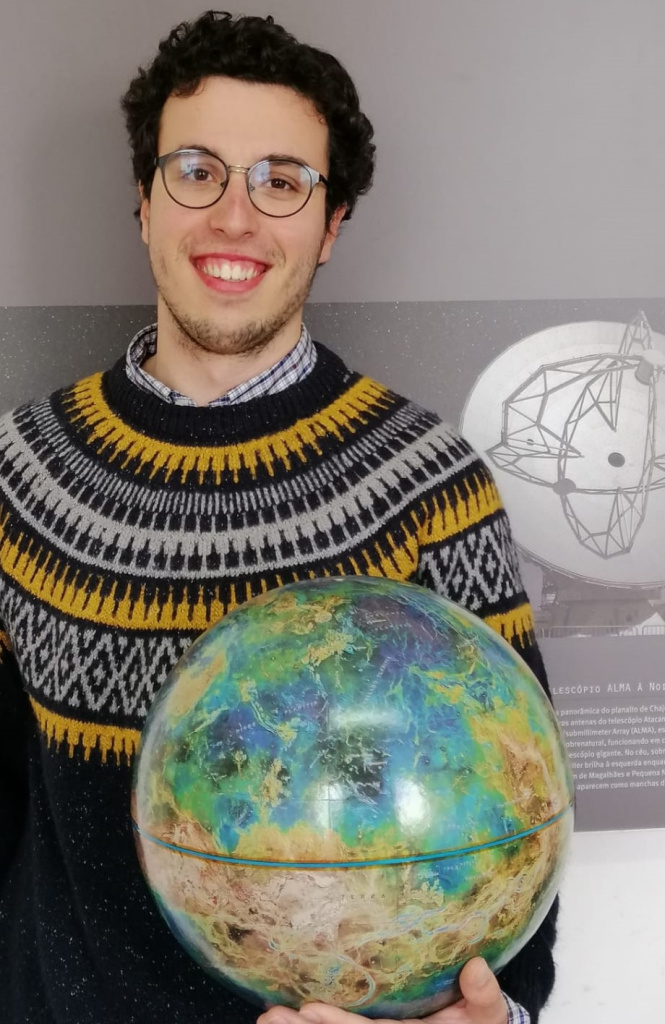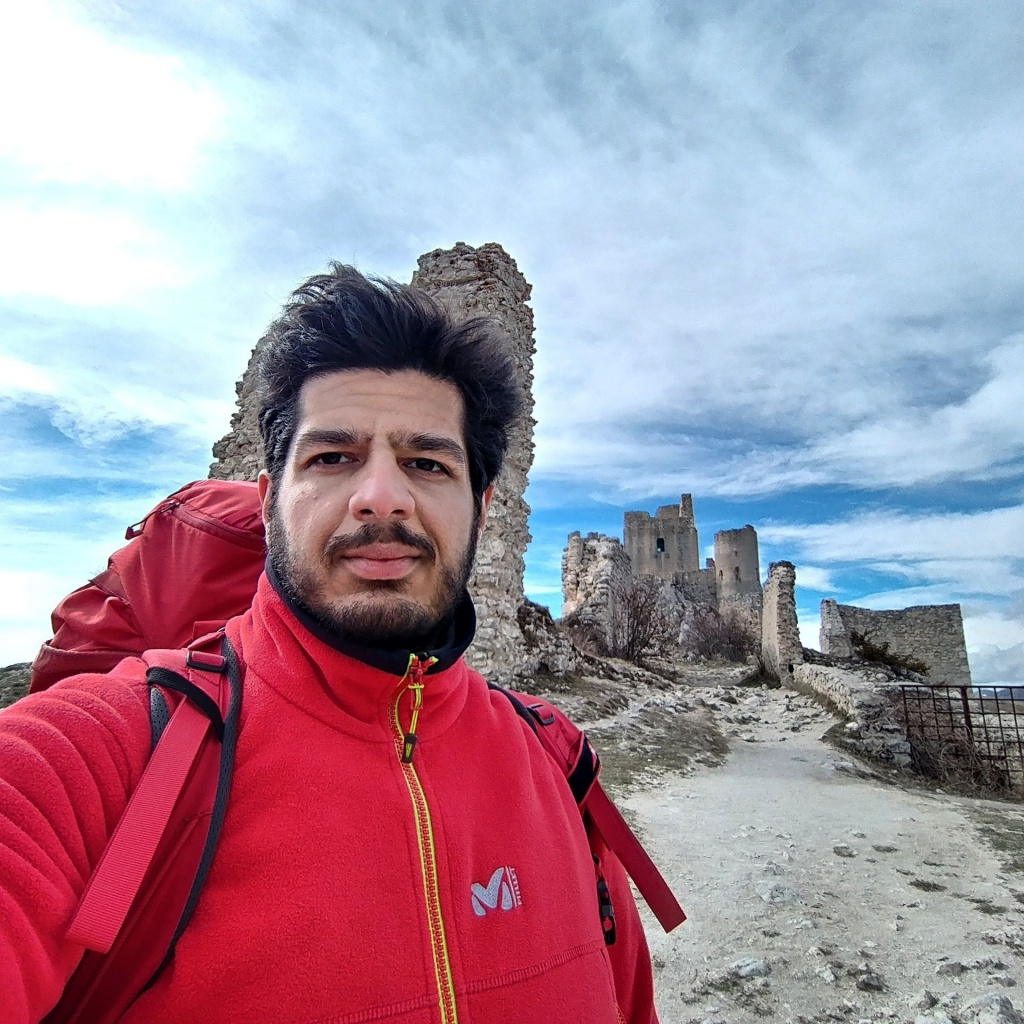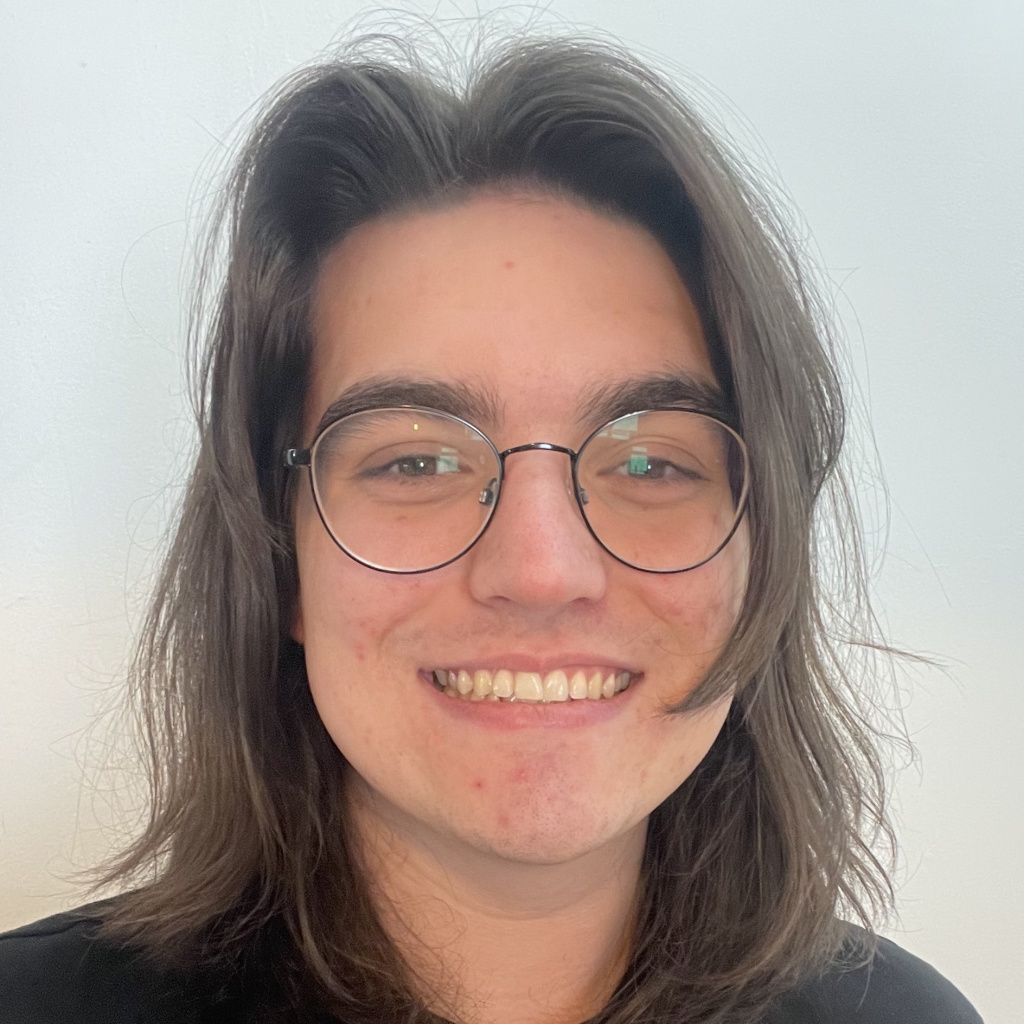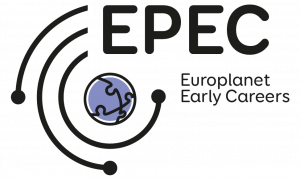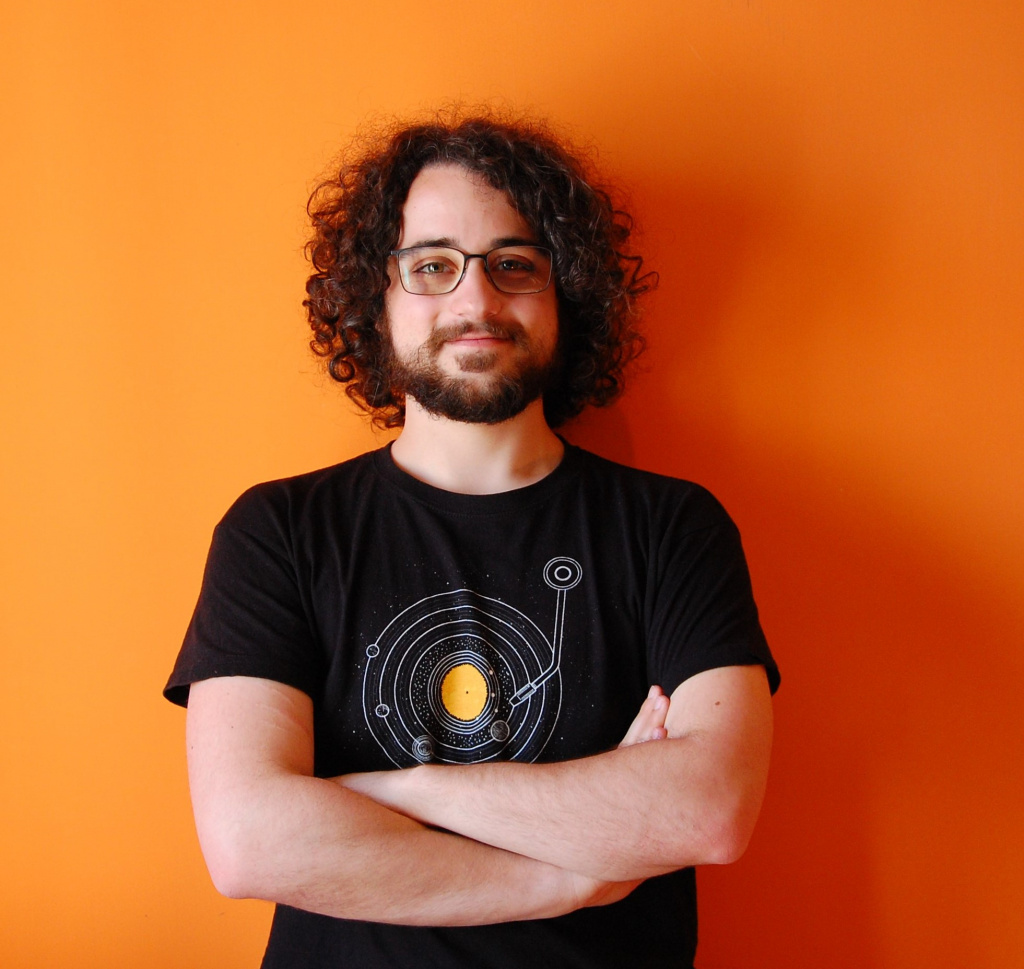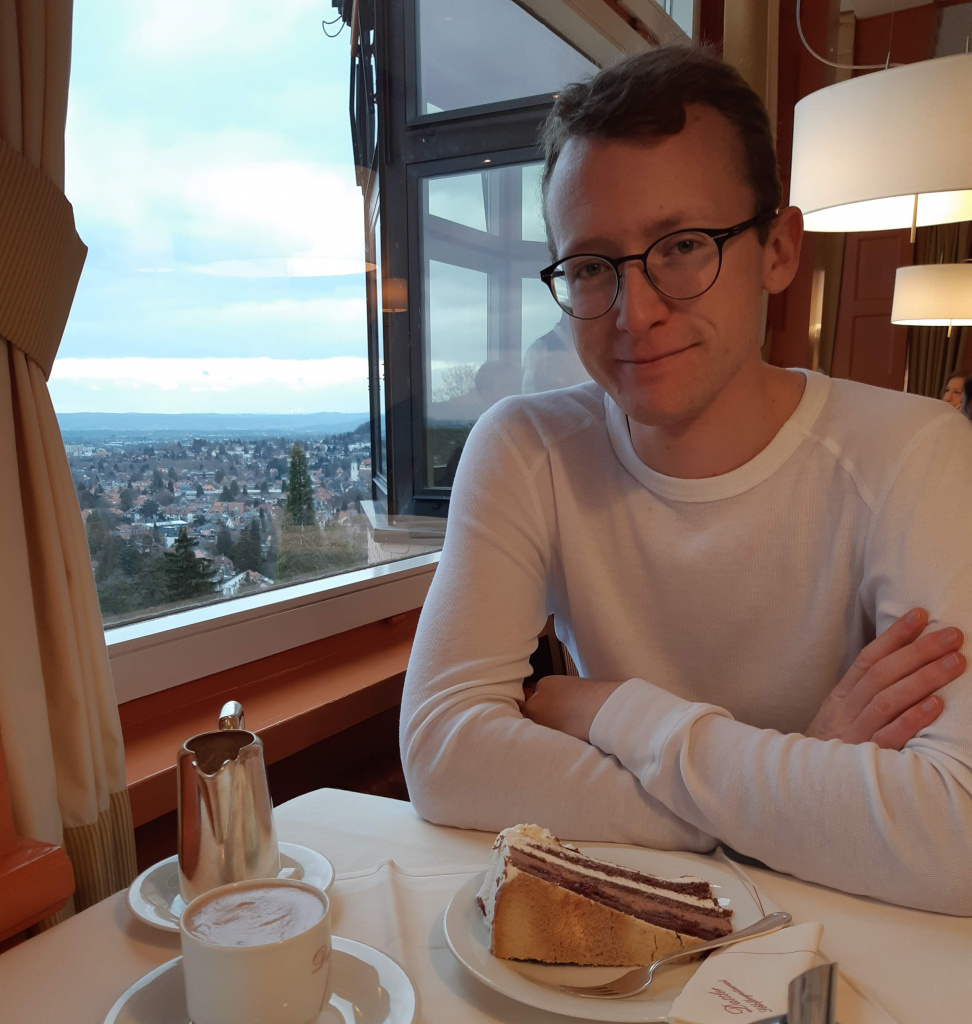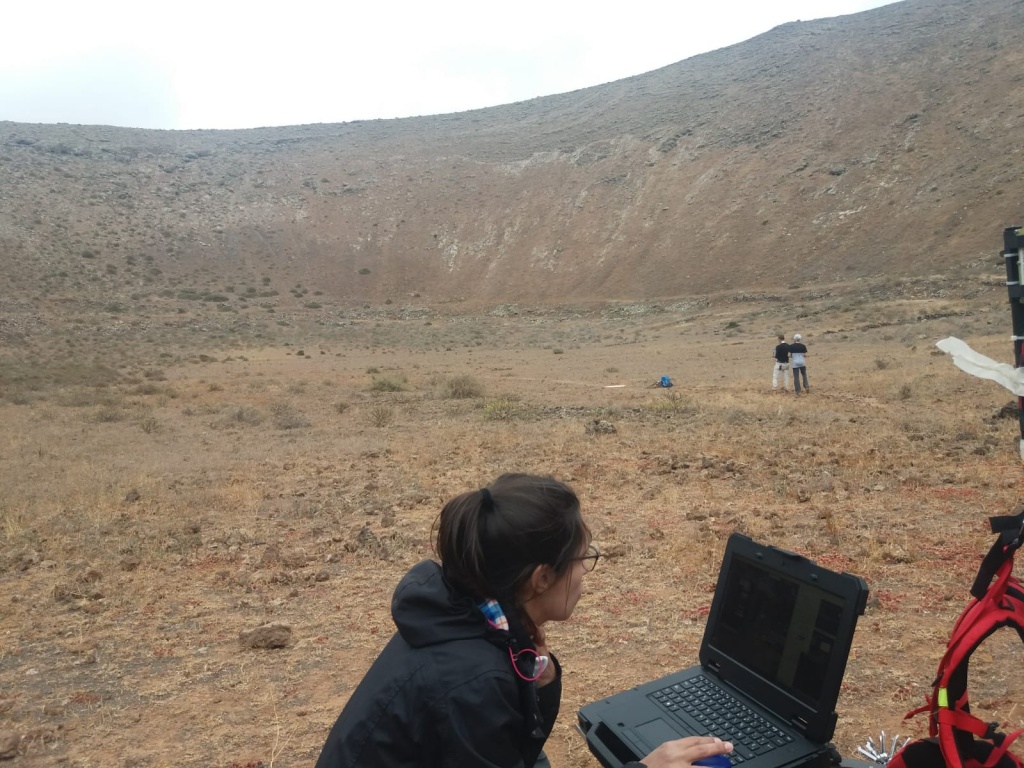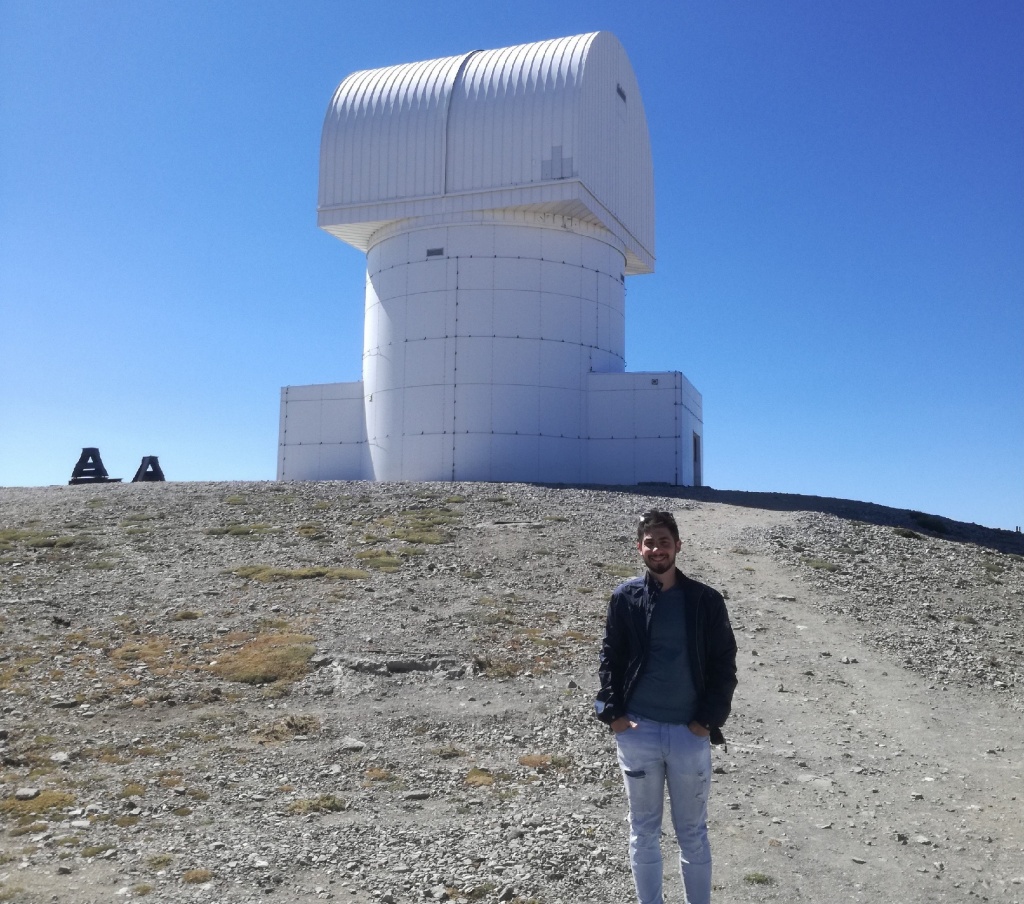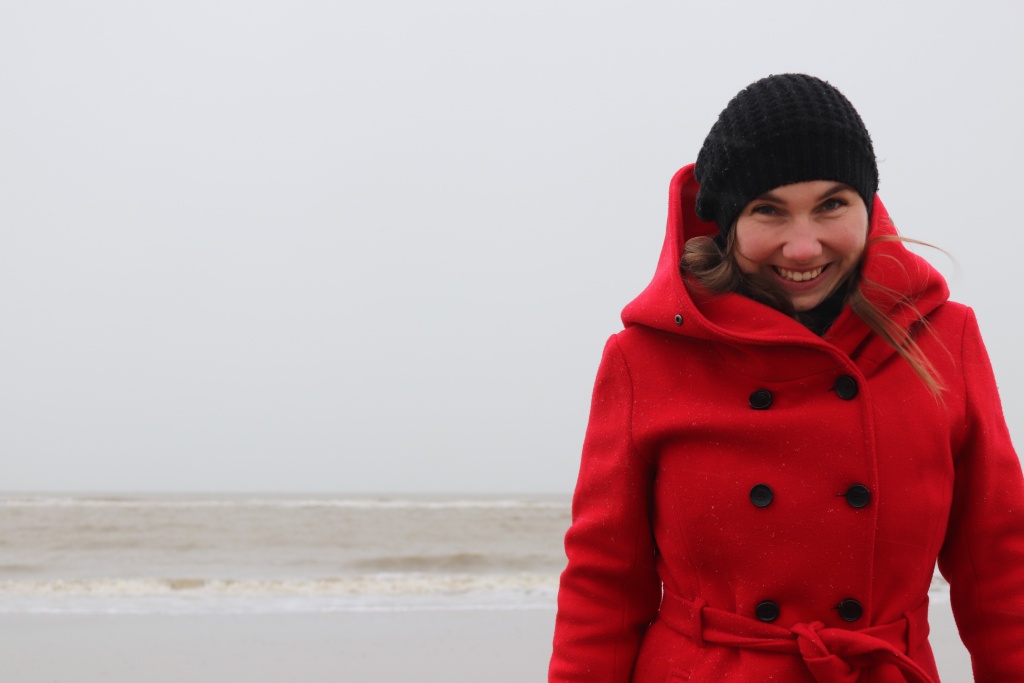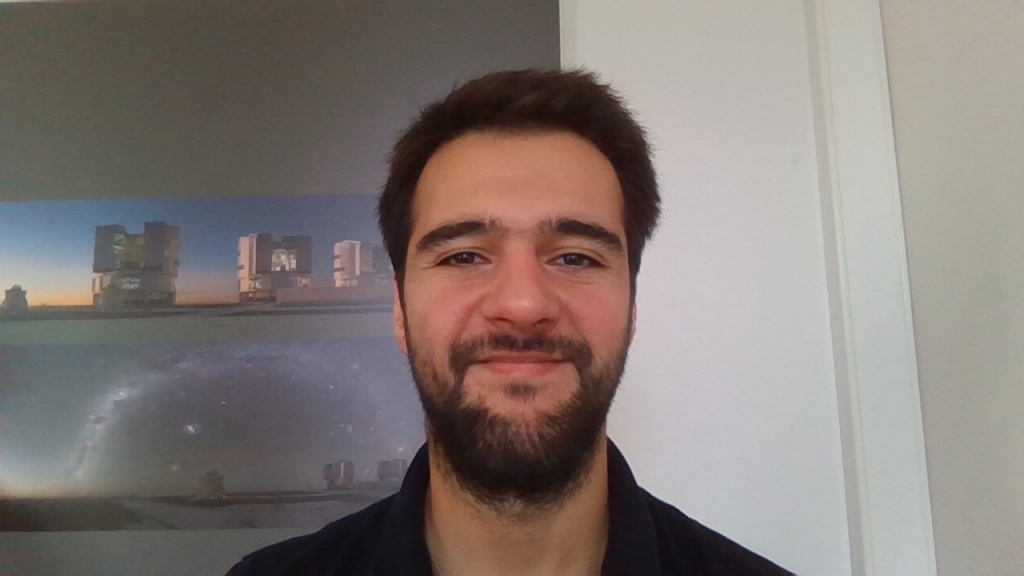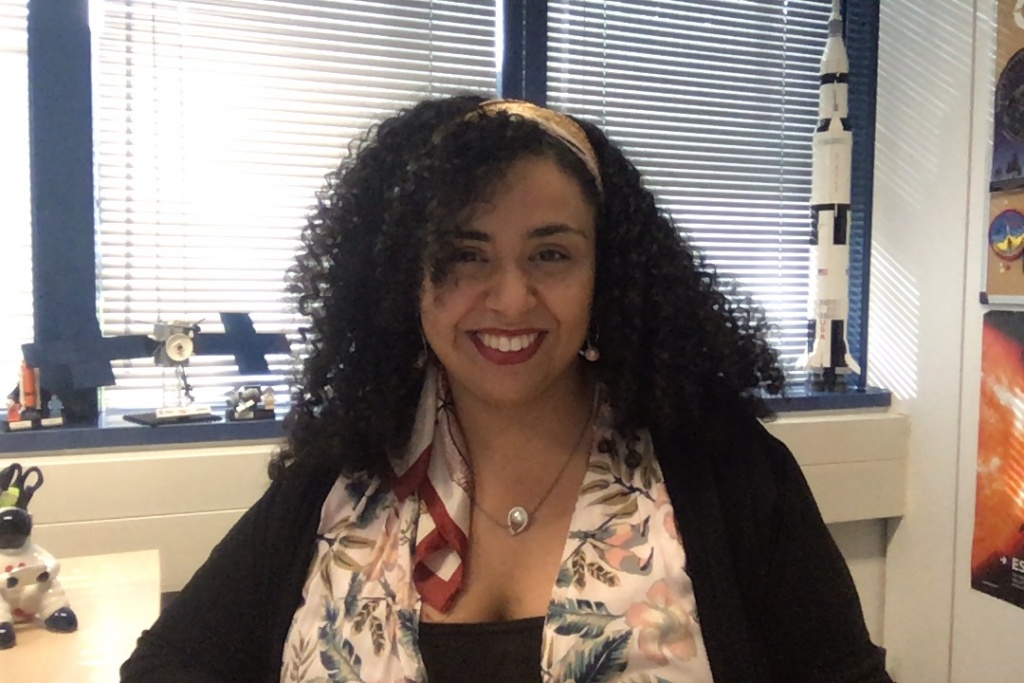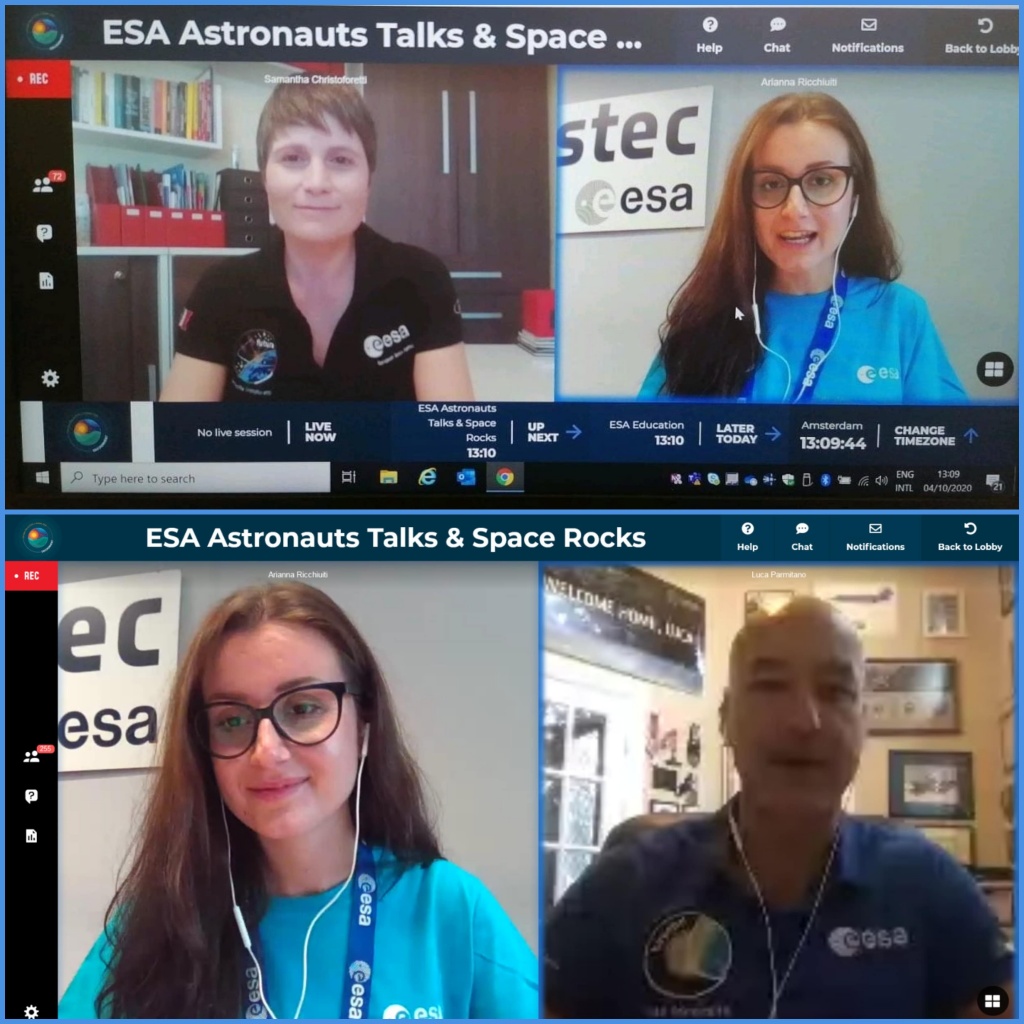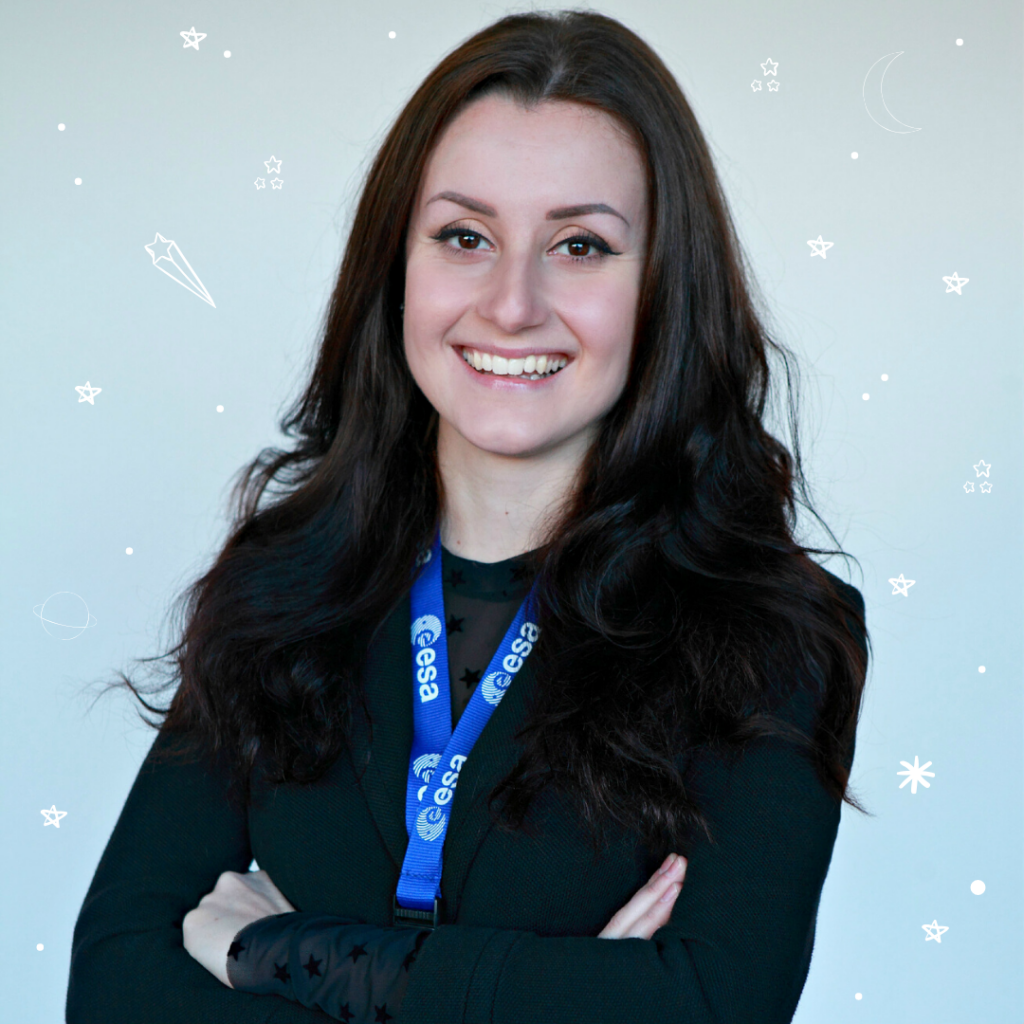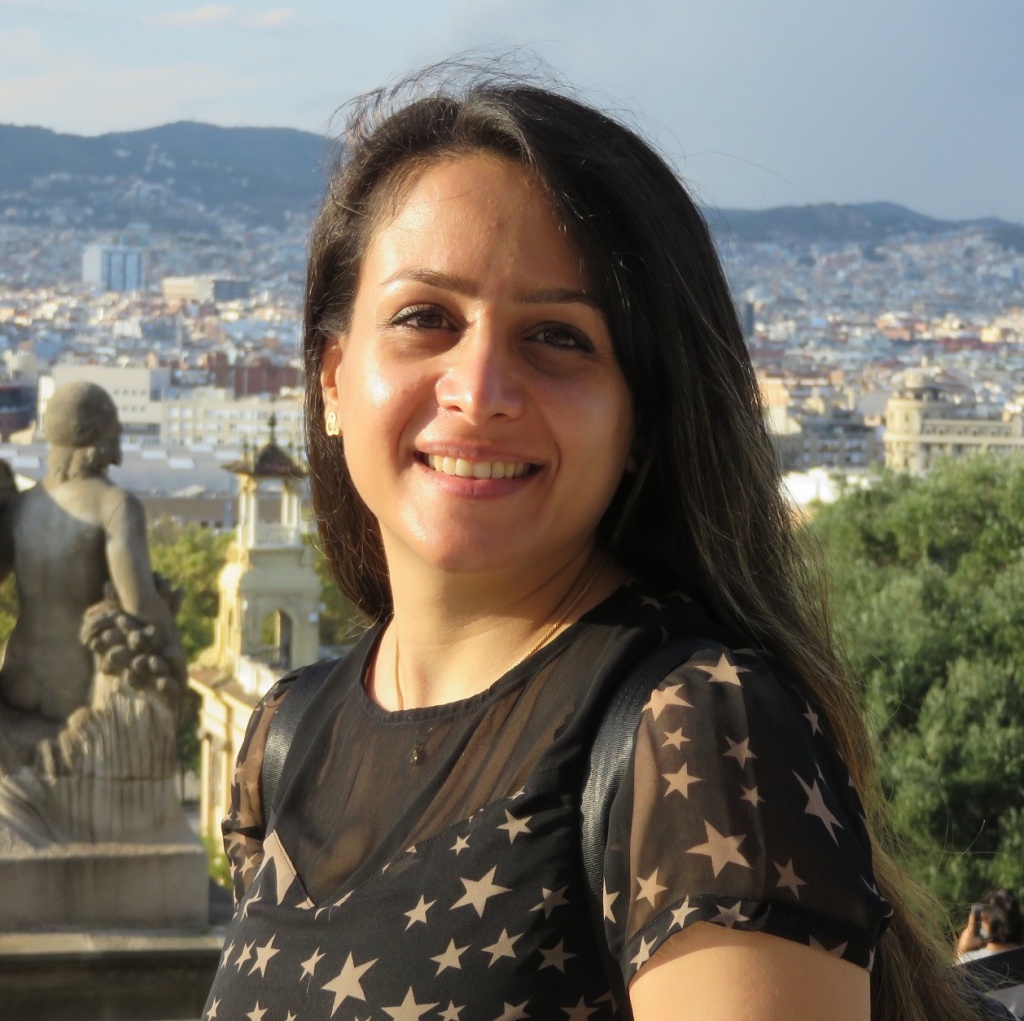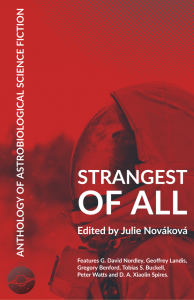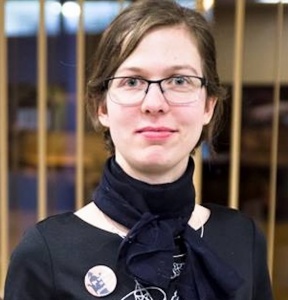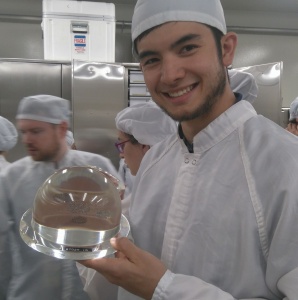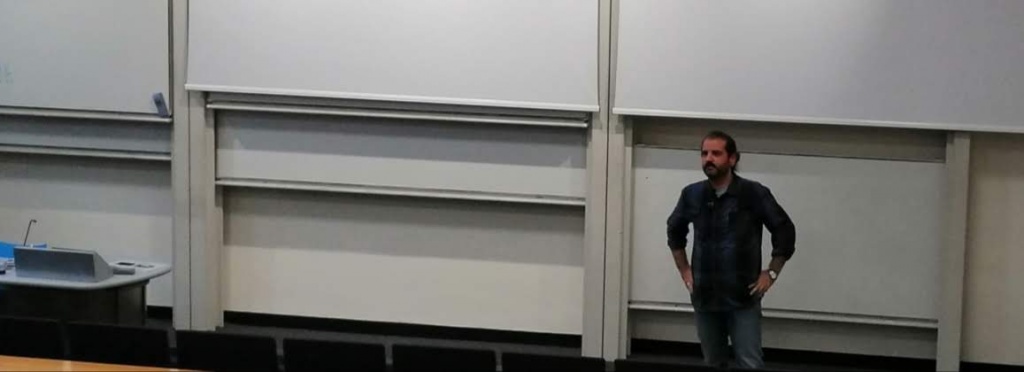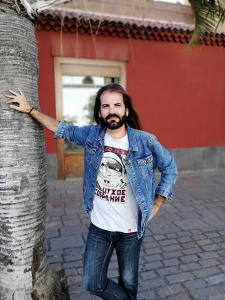EPEC Profiles – Johanna Bürger
In this series from the EPEC Communication Working Group, we meet members of the Europlanet Early Career (EPEC) community and find out more about their experiences and aspirations.
Johanna Bürger is a doctoral candidate in physics at the Institute of Geophysics and Extraterrestrial Physics at the TU Braunschweig in Germany.
Johanna’s doctoral thesis deals with the physical and thermophysical properties of lunar regolith, fine-grained material covering the surface of the moon. For her research, she uses remote sensing data, in particular radiometer measurements from the infrared to the microwave range. To interpret the data, she develops thermophysical and radiative transfer models and applies them to derive regolith properties such as grain size and stratification.
Prior to the doctoral program, Johanna received her bachelor’s and master’s degree in physics at TU Braunschweig in 2019 and 2022. During her studies, she spent a semester abroad at the Stockholm University in Sweden and completed a research stay at the Laboratory for Atmospheric and Space Physics in Boulder, USA.
One of her key moments that led her to pursue a career in science was very early on, when she attended EPSC-DPS 2019 in Geneva and had the opportunity to give a talk on her bachelor thesis project, in which she used radiometer data from the Rosetta mission to derive optical and physical properties of the subsurface material of comet 67P. Participating in international conferences, connecting with scientists from all over the world and the associated travel is still a great motivation for her. Most recently, Johanna was awarded the prestigious 2024 Zonta International Amelia Earhart Fellowship.
Outside her research, educational equity and equal opportunities are very important matters for her, which is why she co-founded studytutors Braunschweig in 2020, an association that offers free tutoring for children and young people from disadvantaged backgrounds.
Johanna has been part of the EPEC network since the beginning of 2023 and is co-chairing the EPEC@EPSC group, which organizes activities for early career researchers at the annual Europlanet Science Congress.
“I have been a part of the EPEC network since the beginning of 2023 and I am very happy to actively contribute to the community by being a co-chair of EPEC@EPSC. EPEC always creates a great environment and support for early careers at EPSC. With EPEC, I can make full use of my organizational skills and also learn how a large conference like the EPSC is organized. It is a great feeling to be part of this community and I am very happy about the connections and friends I have made!”
JOHANNA BÜRGER
If you are an Early Career member of the Europlanet Society and would like to be featured in an EPEC Profile, find out more about how to submit your profile.
See all the EPEC Profiles.



